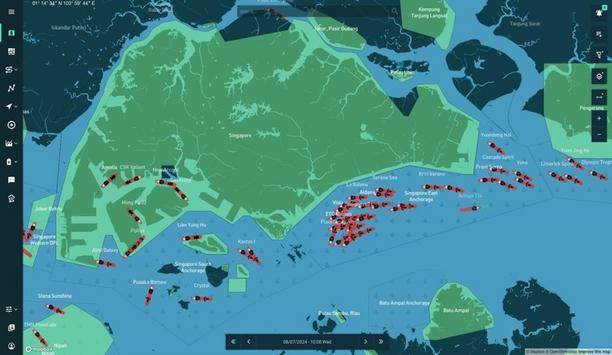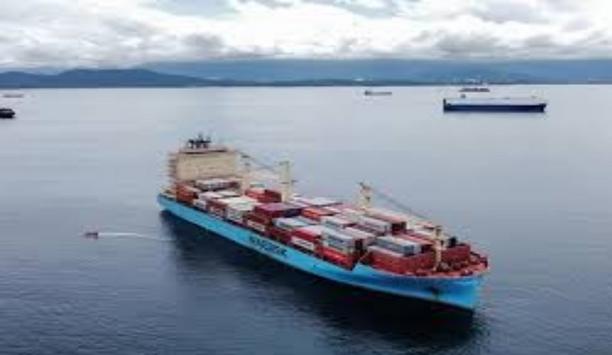Marine technology trade associations
The Intergovernmental Oceanographic Commission of UNESCO (IOC) is the United Nations body responsible for supporting global ocean science and services. The IOC enables its 150 Member States to work together to protect the health of their shared ocean by coordinating programs in areas such as ocean observations, tsunami warnings and marine spatial planning.
International Association of Dry Cargo Shipowners (INTERCARGO) represents the interests of quality dry cargo shipowners. INTERCARGO provides the forum where dry bulk shipowners, managers and operators are informed about, discuss and share concerns on key topics and regulatory challenges, especially in relation to safety, the environment and operational excellence.
IALA is a non-profit, international technical association. Established in 1957, it enables marine aids to navigation authorities, manufacturers, consultants, and, scientific and training institutes from all parts of the world to exchange and compare their experiences, achievements, and technical and operational policies via participation in IALA Technical Committees.
International Association of Oil & Gas Producers (IOGP) are the global voice of their industry, pioneering excellence in safe, efficient, and sustainable energy supply - an enabling partner for a low carbon future. Their members, integrated energy companies, national oil companies, independent upstream operators, service companies, and industry associations operate around the globe, supplying over 40% of the world’s oil and gas demand.
IAPH aims to be the global trade association of choice for port authorities and operators, representing their interests at regulatory level at the International Maritime Organization, the World Customs Organization, the International Standards Organization and other global alliances such as the Global Maritime Forum and the World Economic Forum.
The International Association of Ports and Harbors (IAPH) is a non-governmental organisation (NGO) headquartered in Tokyo, Japan. In November 1955, some 100 world port leaders gathered in Los Angeles to announce the creation of IAPH. Over the past six decades, IAPH has developed into a global alliance of ports, representing some 160 ports and 120 port-related businesses in 87 countries.
International Chamber of Shipping (ICS) is the principal international trade association for the shipping industry, representing shipowners and operators in all sectors and trades. ICS membership comprises national shipowners' associations in Asia, Europe and the Americas whose member shipping companies operate over 80% of the world's merchant tonnage.
The International Harbour Masters' Association is the professional body for those with responsibility for the safe, secure, efficient and environmentally sound conduct of marine operations in port waters.
The International Hydrographic Organization works to ensure that all the world's seas, oceans and navigable waters are surveyed and charted, thereby supporting safety of navigation and the protection of the marine environment. It coordinates the activities of national hydrographic offices and sets standards in order to promote uniformity in nautical charts and documents.
International Maritime Bureau (IMB) is a non-profit making organisation, established in 1981 to act as a focal point in the fight against all types of maritime crime and malpractice. IMB’s main task is to protect the integrity of international trade by seeking out fraud and malpractice. For over 25 years, it has used industry knowledge, experience and access to a large number of well-placed contacts around the world to do this: identifying and in
International Maritime Organization is the United Nations specialised agency with responsibility for the safety and security of shipping and the prevention of marine and atmospheric pollution by ships. IMO's work supports the UN sustainable development goals.
The International Renewable Energy Agency (IRENA) is an intergovernmental organisation that supports countries in their transition to a sustainable energy future, and serves as the principal platform for international cooperation, a centre of excellence, and a repository of policy, technology, resource and financial knowledge on renewable energy.
International Seabed Authority (ISA) is an autonomous international organization established under the 1982 United Nations Convention on the Law of the Sea (UNCLOS) and the 1994 Agreement relating to the Implementation of Part XI of the United Nations Convention on the Law of the Sea (1994 Agreement).
The International Seafarers' Welfare and Assistance Network exists to improve the lives of seafarers and their families with services, resources, strategies and advocacy. ISWAN is a membership organisation with the International Chamber of Shipping, The International Transport Workers Federation and the International Christian Maritime Association as the core members.
The International Union of Marine Insurance e.V. (IUMI) is a non-profit association established for the purpose of protecting, safeguarding, and advancing insurers' interests in marine and all types of transport insurance. It also provides an essential forum to discuss and exchange ideas, information, and statistics of common interest for marine underwriters and in exchange with other marine professionals.
Headquartered in Limassol, Island Oil Ltd is the flagship of a group of companies mainly active in the marine and domestic fuels sector.
Isle of Man Maritime is a new not-for-profit company that has been established to promote, develop and support the strategic development of the Isle of Man's growing maritime cluster.
JSTRA acts as a coordinator to promote tie-ups among the industries (shipbuilding and ship machinery industries and marine transport industry), academic communities (universities, research institutes and academic societies) and the administration (government and inspection organisations).
From sustainable seaweed production to combatting microplastic pollution to offshore wind power infrastructure, Katapult Ocean’s portfolio companies simultaneously represent the vanguard of impact ocean tech and the greatest opportunity for investment.
Together with about 100 group companies in Japan and overseas, Kawasaki Heavy Industries oversees the formation of a 'technology corporate group'. Their technological capabilities, polished over a history that exceeds a century, send diverse products forth into wide-ranging fields that go beyond land, sea, and air, extending from the ocean depths to space.
Kobelt is a Canadian-based manufacturing company, with over 50 years of experience developing and producing high quality products for the marine and industrial sectors. Kobelt has an extensive history of innovation and product development and works with a wide variety of regulatory and classification requirements around the world for system certifications and approvals. Click on the links below to learn more about Kobelt.
The KRVE is an organisation that focuses on the rendering of nautical services related to the mooring and unmooring of ships, the transport of maritime pilots and all other occurring activities related to maritime shipping.
The Korea Coast Guard is a South Korean law enforcement sub-agency responsible for maritime safety and control off the coast. The KCG is an independent and external branch of Ministry of Maritime Affairs and Fisheries.
KRISO (Korea Research Institute of Ships & Ocean Engineering), established in 1973, is a government-funded research institute in the Republic of Korea and the provider of technology development in ships and ocean engineering.
The Korean Register is a not-for-profit classification society founded in South Korea offering verification and certification services for ships and marine structures in terms of design, construction, and maintenance.
Liberia Maritime Authority's mission is to build a vibrant domestic maritime program that is financially self-sustaining, internationally compliant and effective in protecting the Maritime Domain.
The Liberian Registry is comprised of 5,600+ vessels aggregating over 242 million gross tonnes, representing 15% of the world’s ocean-going fleet. Liberia has earned international respect for its dedication to flagging the world’s safest and most secure vessels. The Liberian Registry is recognized at the top of every industry “white-list” including the International Maritime Organization and the major Port State Control authorities.
The Marine Environment Protection Committee (MEPC) addresses environmental issues, under International Maritime Organization's remit. Their resolutions are published in the final report of the MEPC meeting, during which they were adopted.
Marine Management Organisation (MMO) is an authority that licenses, regulates and plans marine activities in the seas and oceans around the United Kingdom, so that they're carried out in a sustainable and secure way. They help the government achieve its vision for clean, healthy, productive and biologically diverse oceans and seas.
The Maritime & Coastguard Agency implements the government's maritime safety policy in the UK and works to prevent the loss of life on the coast and at sea. They provide a 24-hour maritime search and rescue service around the UK coast and in the international search and rescue region through HM Coastguard.
Browse maritime companies
Featured events
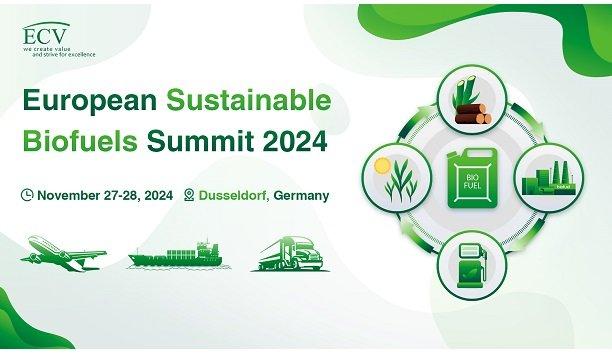
European Sustainable Biofuels Summit 2024
- 27 - 28 Nov, 2024
- Dusseldorf, Germany

ExpoNaval 2024
- 3 - 6 Dec, 2024
- Valparaíso, Chile

Ports & Customs Week 2024
- 3 - 4 Dec, 2024
- Tanzania, Tanzania

High-Level Conference on Green Shipping in the Nordic Region
- 3 - 3 Dec, 2024
- Copenhagen, Denmark
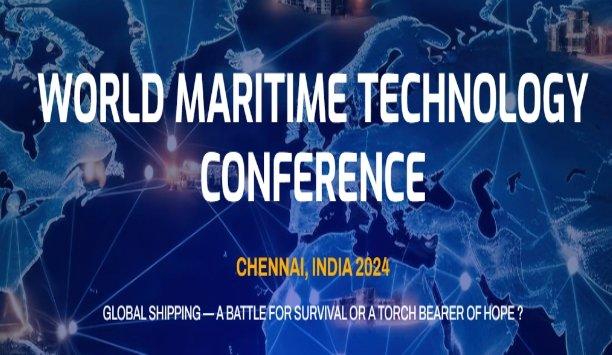
World Maritime Technology Conference WMTC India 2024
- 4 - 6 Dec, 2024
- Chennai, India
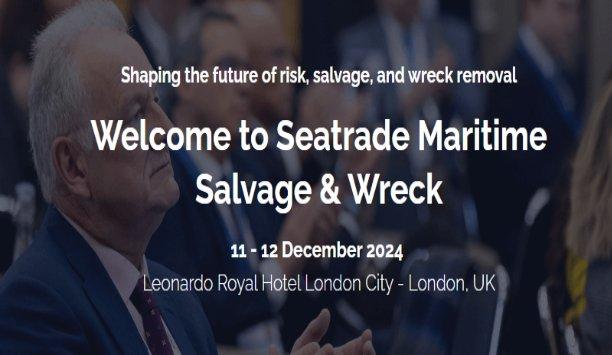
Seatrade Maritime Salvage & Wreck 2024
- 11 - 12 Dec, 2024
- London, United Kingdom (UK)
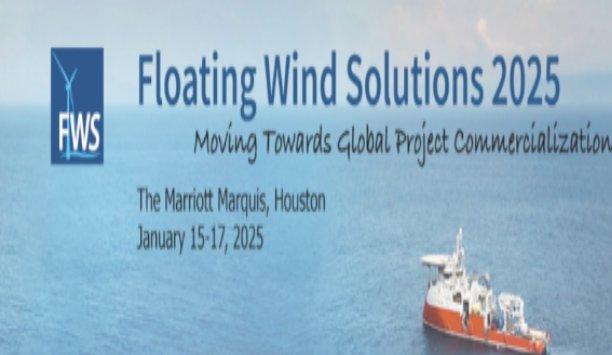
Floating Wind Solutions 2025
- 15 - 17 Jan, 2025
- Houston, United States of America (USA)
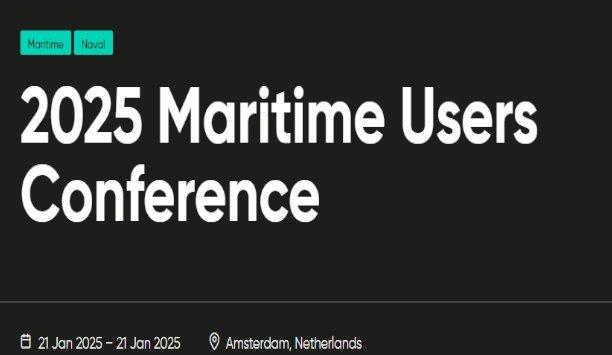
Maritime Users Conference 2025
- 21 - 21 Jan, 2025
- Amsterdam, Netherlands
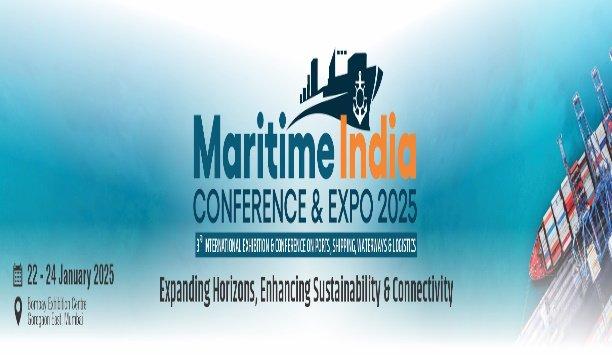
3rd India Maritime 2025
- 22 - 24 Jan, 2025
- Mumbai, India
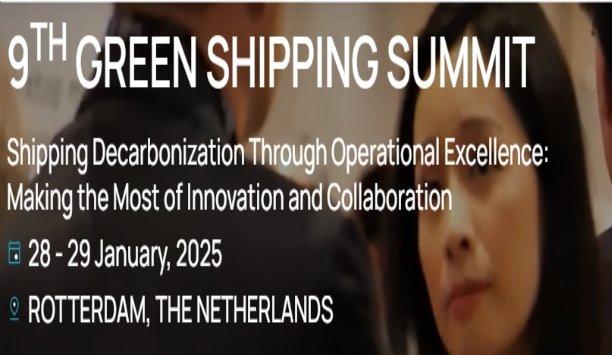
Green Shipping Summit 2025 (9th Green Shipping Summit)
- 28 - 29 Jan, 2025
- Rotterdam, Netherlands
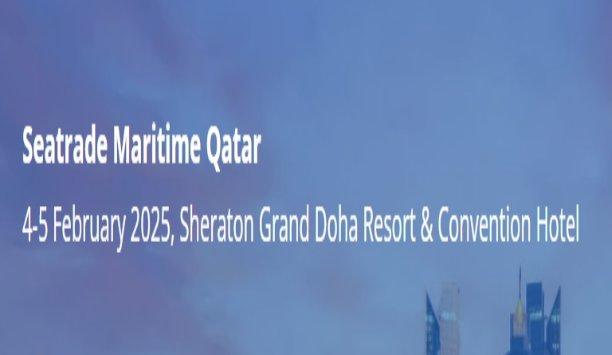
Seatrade Maritime Qatar 2025
- 4 - 5 Feb, 2025
- Doha, Qatar
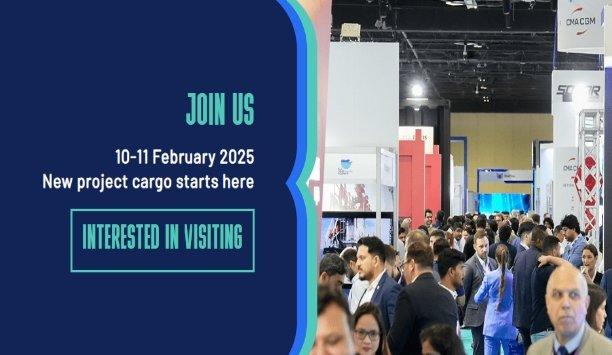
Breakbulk Middle East 2025
- 10 - 11 Feb, 2025
- Dubai, United Arab Emirates

Vietship 2025
- 5 - 7 Mar, 2025
- Hà Nội, Vietnam
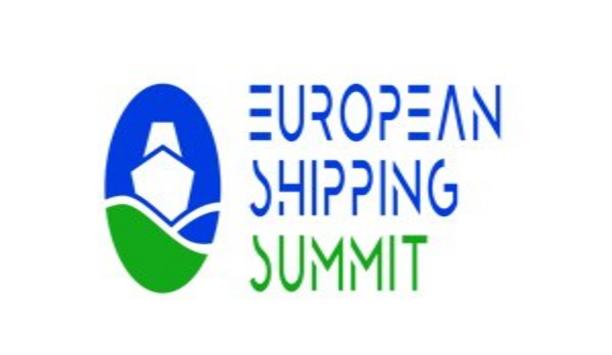
European Shipping Summit 2025
- 19 - 20 Mar, 2025
- Bruxelles, Belgium
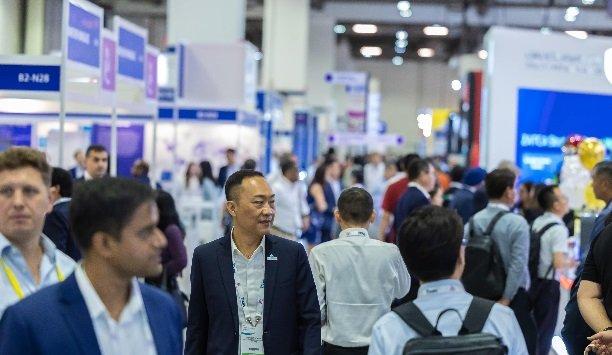
Sea Asia 2025
- 8 - 10 Apr, 2025
- Singapore, Singapore







